Need to go straight after a coffee? Some everyday medical questions answered – and explained
Wrinkly skin from a long bath? Skin feeling burnt after a winter’s day in the wind? Our medical expert explains some of life’s simple questions.
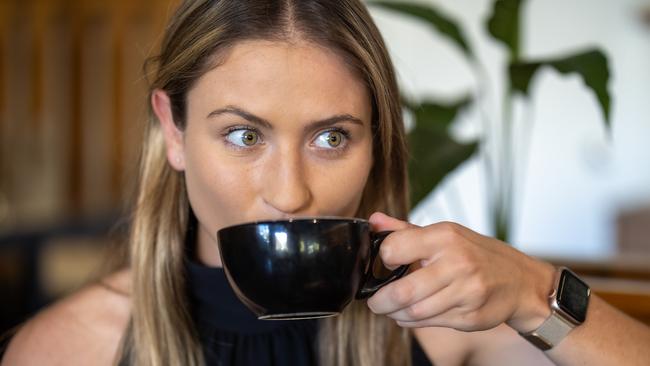
Here are five everyday things you needn’t go to medical school to understand.
Why does coffee make you go to the toilet?
First of all, any foodstuff activates the gastro-colic reflex by distension of the stomach, a natural response that makes the intestine more active after eating.
Secondly, different compounds in coffee stimulate the production of the hormones Gastrin and CCK, both of which boost the activity of the bowel.
Thirdly, caffeine itself is a natural stimulant that increases the activity of the colon. Thus, the effect is proportional to the amount of caffeine in your preferred brew, but the effect still occurs with consumption of decaffeinated coffee.
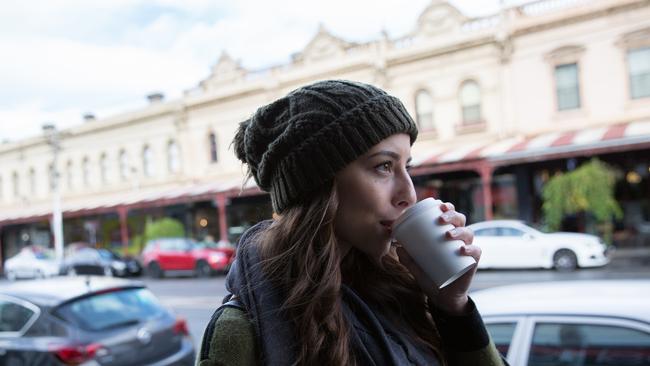
Finally, the fact that this effect can happen within minutes of consuming coffee suggests a higher response (in the brain) and an example of learned behaviour.
Caffeine is a wonderful drug that is used safely by millions around Australia on a daily basis.
It is generally thought that the harms outweigh the benefits when daily consumption exceeds 400mg (the amount contained in two espressos).
Why does my skin wrinkle when I stay in the ocean too long?
When you stay in the water for a lengthy period of time, the small blood vessels in your fingers and toes constrict. This process, mediated by your sympathetic nervous system, is called vasoconstriction.
This reduces the volume of tissue under the skin, making the epidermis (the outer layer of your skin) form wrinkles. It only happens in the extremities, which is why the skin on your chest or belly doesn’t wrinkle up as well.
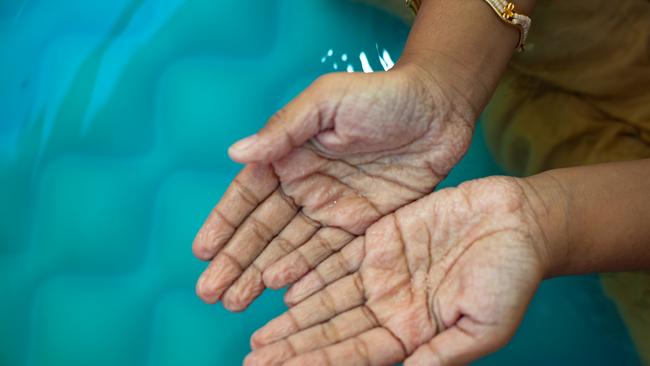
Your skin remains completely impermeable to the water that surrounds it. The phenomenon is observed in both salt water and fresh water because it is related to the temperature of the water, not the mineral content of what you are swimming in.
Why does alcohol make you go to the toilet?
Alcohol suppresses the pituitary gland’s production of anti-diuretic hormone (ADH), meaning the distal tubules in the kidneys do not receive the signal to reabsorb water.
This is one of many examples of a homeostatic mechanism; ways that the body preserves balance in its metabolic functioning – in this case, conserving water. Thus, consumption of excessive amounts of alcohol will lead to increased urine production.

It is obviously more pronounced in high-volume pursuits such as beer drinking, where the greater volumes of water consumed (when compared to wine or spirits) also need to be excreted.
Dehydration is one of the factors that contributes to hangovers.
Why can’t you go straight into the pool after lunch?
Well, no reason at all if you’ve had the good manners to excuse yourself from the table. My mother was right about a great many things, but this was not one of them.
There is absolutely no impact of recently eating a meal on either co-ordination or skeletal muscle function. There is no evidence of an increased risk of drowning.
If you feel that your meal has settled, you can jump right in.
What is windburn?
Many experts deny that it even exists, stating that the well-recognised phenomenon of peeling, redness and pain is all just a case of sunburn.
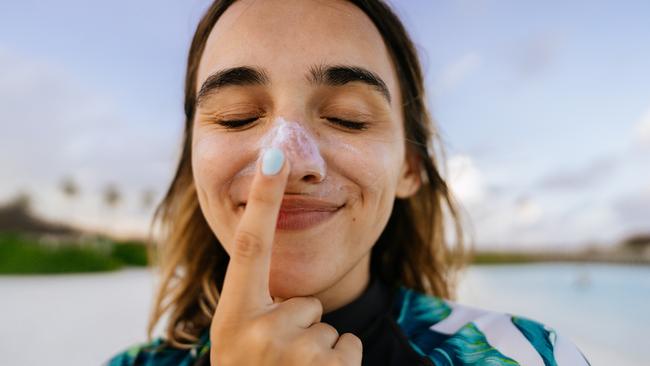
There is no doubt that you can get sunburnt on a mild day with protracted exposure to the sun, either via intermittent exposure with any respite from cloud cover, or merely penetration of harmful ultraviolet (UV) rays through the clouds.
It is plausible that wind could strip away the skin’s natural oils, causing it to burn and peel.
The good news is that whatever you think, prevention is the same:
- Slip on protective clothing
- Slop on SPF50 water-resistant cream
- Slap on a hat
- Seek shade
- Slide on some sunnies.
Dr Michael Gannon is a consultant obstetrician and gynaecologist with 18 years’ experience as a specialist. He has delivered more than 5000 babies. He served as president of the AMA from 2016 to 2018, and is president of leading professional indemnity provider MDA National.
.........................................................................................................................................................................................................................
This column is published for information purposes only. It is not intended to be used as medical advice and should not be relied on as a substitute for independent professional advice about your personal health or a medical condition from your doctor or other qualified health professional.



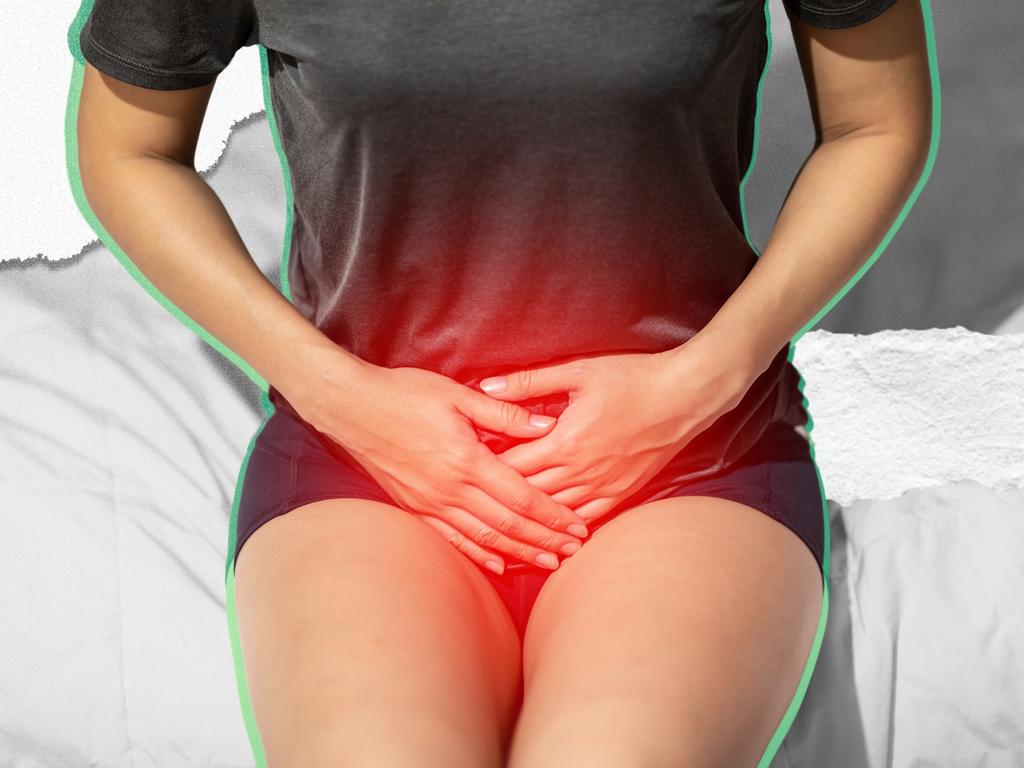

To join the conversation, please log in. Don't have an account? Register
Join the conversation, you are commenting as Logout